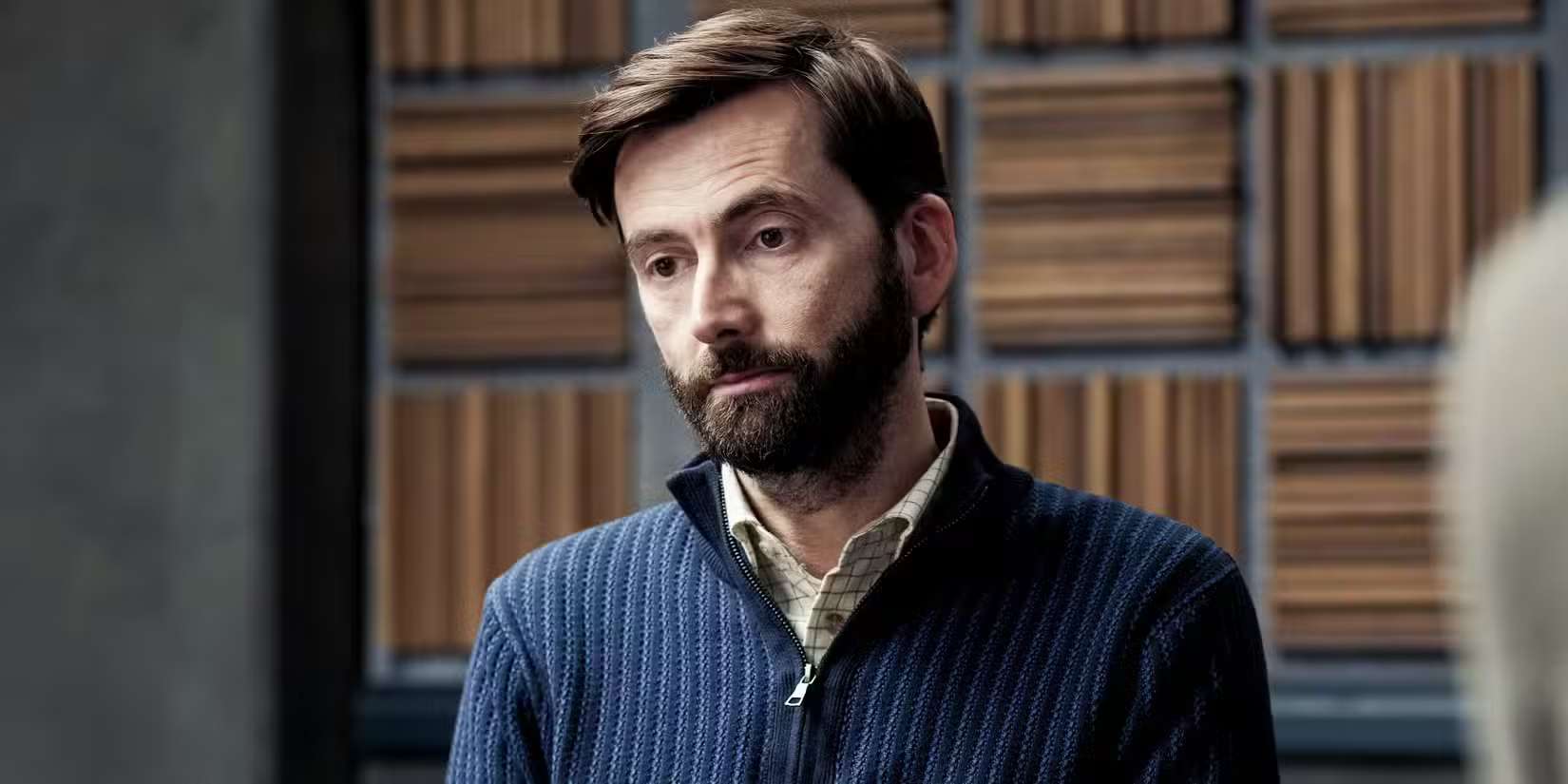6 Minutes
Introduction: A New Obsession for Fans of Psychological Crime Drama
When Netflix’s Mindhunter ended prematurely, many viewers were left craving more slow-burning psychological crime storytelling. If you’re searching for a show that scratches the same itch—intense interrogations, moral ambiguity, and character-driven tension—look no further than Criminal: UK. Overlooked by some, this compact British police procedural earned strong critical praise (around an 85% critics' score on Rotten Tomatoes) and serves as an elegant, tightly focused alternative to Fincher’s landmark series.
Plot Summary: Inside the Interrogation Room
Criminal: UK is built around a deceptively simple premise: a specialized interrogation unit of the Metropolitan Police attempts to extract the truth from suspects in a contained setting. Each episode concentrates on a single case and stages a psychological duel between detectives and the person in the hot seat. There are no car chases, no sprawling investigations—just the slow burn of dialogue, confession, and manipulation.
Episode Structure
Episodes typically open in the viewing room, where colleagues and observers watch the interrogation unfold. As the conversation shifts between the glass-paneled room and the team’s reactions, the series explores power dynamics, ethical compromises, and how justice is negotiated in real time. The result is a finely tuned study of human behavior and the anatomy of a confession.

Cast and Crew: Actors Who Elevate Minimalism
The ensemble cast anchors the show's intensity. Leading the unit is Katherine Kelly as Detective Chief Inspector Natalie Hobbs, whose patience and intuition make her a believable and magnetic interrogator. Lee Ingleby plays the thoughtful Detective Inspector Tony Myerscough, while Mark Stanley brings nuance to Detective Constable Hugo Duffy. The trio’s chemistry—less about bromance, more about professional friction—drives much of the drama.
Creative Team and Directors
Created by George Kay and Jim Field Smith, Criminal: UK is part of a larger franchise concept that also includes Criminal: France, Criminal: Germany, and Criminal: Spain. Directors favor close-ups and tight framing to maintain claustrophobia and intensity, while the writers structure each episode like a short film, using compressed time and space to heighten emotional stakes.

Production Details: How the Show Crafts Atmosphere
Production choices emphasize containment and realism. Sets are spare but detailed: interrogation rooms with one-way glass, muted lighting, and practical microphones that draw attention to every pause and inflection. The contained format allowed the production to focus budget and craft on writing, acting, and sound design—elements that matter most in a dialogue-driven police procedural.
All four Criminal series debuted on Netflix simultaneously, produced to the same template but localized for language and culture. The UK edition is the only one to receive a second season, likely because its characters and tone resonated strongly with international audiences.
Critical Reception: Quiet Praise and an 85% Rotten Tomatoes Score
Critics applauded Criminal: UK for its intense scenes, razor-sharp writing, and committed performances. Many reviews compared it favorably to Mindhunter for its psychological depth, even as the shows differ in scope and style. Where Mindhunter explores the origins of FBI profiling and the historical evolution of criminal psychology, Criminal: UK compresses those concerns into face-to-face battles of wits—hence the Rotten Tomatoes score that marks it as a critics’ favorite.
Why Criminal: UK Feels Like a Natural Mindhunter Replacement
Both shows are obsessed with motivation, personality, and the mechanics of getting someone to tell the truth. Mindhunter takes us out into the field, into the skulls of serial killers and the institutional struggles of the FBI. Criminal: UK narrows the lens to the interrogation table, which turns limitations into strengths—each episode becomes a pressure cooker where the psychological game is front and center.
For viewers who loved Mindhunter’s clinical curiosity about criminal minds, Criminal: UK delivers comparable intellectual satisfaction: it’s about strategy as much as morality, and about how detectives construct narratives that coax confessions or expose lies.

Anthology Format: Four Franchises, One Concept
Criminal: UK belongs to an anthology of four national series. The France, Germany, and Spain installments follow the same formula—three compact episodes each—whereas the UK show expanded to a second season of four episodes. The anthology approach offers viewers a chance to sample different interrogation styles and criminal cultures while maintaining an appealing aesthetic and structure across episodes.
Length and Availability: Short, Sharp, and Bingeable
With three episodes in season one and four in season two, Criminal: UK is designed for quick consumption. That brevity is a benefit: you can watch the entire series in a weekend and still savor the dense, theatre-like performances. Like Mindhunter, it’s concise rather than sprawling—perfect for modern streaming habits.
Final Thoughts: A Must-Watch for Crime Drama Fans
Is Criminal: UK an exact replacement for Mindhunter? No—what it lacks in cinematic scope it makes up for in psychological intensity and theatrical focus. If you miss the slow, interrogative tension of David Fincher’s work, Criminal: UK is the smartest, most satisfying substitute on Netflix. It proves that stellar crime drama doesn’t need sprawling seasons or elaborate sets—sometimes one room, great actors, and ingenious writing are enough to make the viewer complicit in the chase for truth.
Whether you’re hunting for a new psychological thriller, a gripping police procedural, or simply a compact series with strong performances and smart writing, Criminal: UK deserves a spot on your watchlist.
Source: screenrant


Leave a Comment